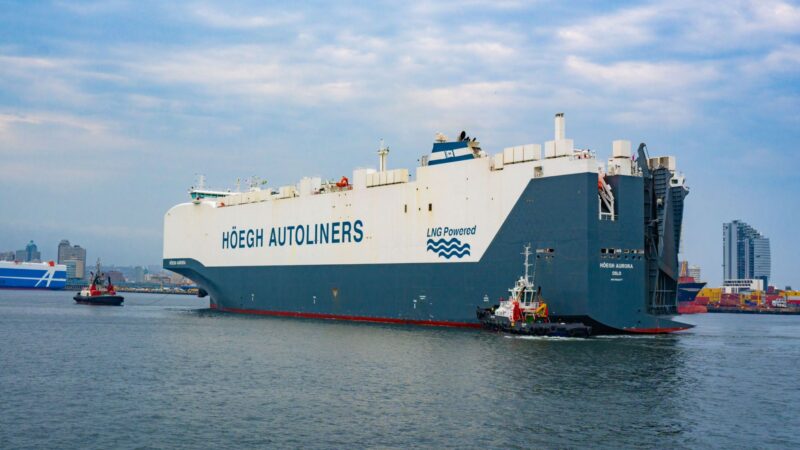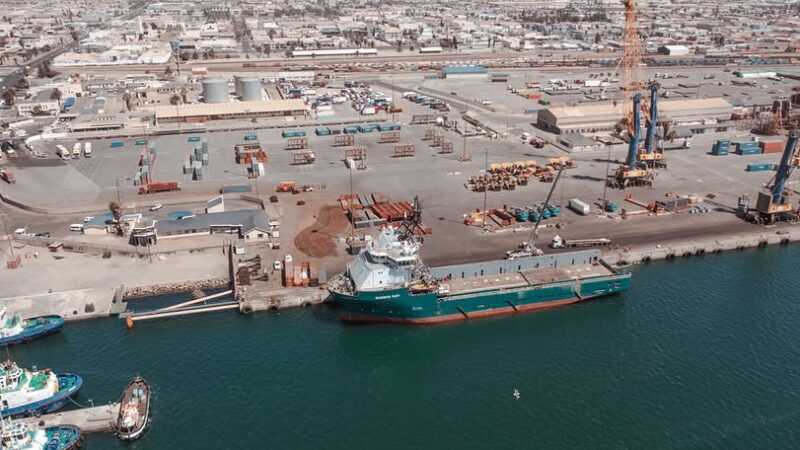Global events put increasing pressure on logistics industry to respond in real-time
Reflecting on the year’s events that have impacted the logistics industry – the Suez Canal blockage, COVID-19, and just this week a major cyclone taking out electricity supplies to the company’s terminal in Pipavav – David Francis, Head of Digital Products at APM Terminals believes that real-time data via APIs is no longer a nice to have, but a necessity.
“With the unexpected becoming the norm, real-time data is becoming key to meeting customers growing expectations,” explains Francis. “Customers can be relatively understanding regarding delays, as supply chains are extremely complex. However, the complaint we hear the most is about not being kept updated. The real-time data provided by APIs can help reduce this by triggering communications to customers with updates on their cargo’s latest status.”
Increasing API Terminal Coverage
APM Terminals has built on its growing success with APIs this month. Data availability for its full range of container and vessel tracking APIs has been extended to APM Terminals Onne, Nigeria, APM Terminals Liberia and APM Terminals Lázaro Cárdenas, Mexico.
At the same time, existing APIs for the company’s terminals in Rotterdam Maasvlakte II, Tangier and Algeciras have been complimented by the addition of Event History and Empty Container Returns APIs. With the addition of these terminals, the company’s APIs are now available for 15 terminals.
APIs enable APM Terminals’ customers to pull real-time container and vessel data from its Terminal Operating Systems, into their own internal Logistics or Transport Management Systems. Directly accessing real-time data removes the chance of human error and potential delays caused by this and also improves supply chain efficiency. This is being confirmed by feedback received from customers who have switched the company’s manual Track & Trace solution to API data feeds.
Proven customer value
“The opportunity to convert Track & Trace to APIs for data retrieval has improved the speed and reliability of our container tracing for all the terminals that currently offer an API,” confirmed Nathan Smith, Product Manager for Profit Tools, an Envase company that has already fully implemented APM Terminals’ APIs .
“By using the APM Terminals API, we are able to get direct access to the terminal data we need, without having to worry about browser compatibility, web site changes, or other issues that are a challenge for screen scraping.”
APM Terminals offers four APIs that enable customers to track any import, export or empty container. A further Vessel Schedule API provides the latest cut-off times, as well as estimated and actual times of arrival and departure. An API for managing truck appointments is also available for APM Terminals Pier 400 Los Angeles, one of the company’s largest terminals and is currently being rolled out to other terminals using a truck appointment system.
Ease of Implementation
Unlike the more traditional Electronic Data Transfer (EDI) method of sharing data, the use of standard global protocols means that once an API (application programming interface) is implemented, the customer’s IT team have very little ongoing work to ensure the API link between APM Terminals and the customer’s system continues to work securely. The use of globally recognised standards also ensures that implementation goes smoothly.
“The APM Terminals team has provided a solid API that is reliable, was easy to implement, and their team has been great to work with every step of the way,” confirms Nathan Smith.





